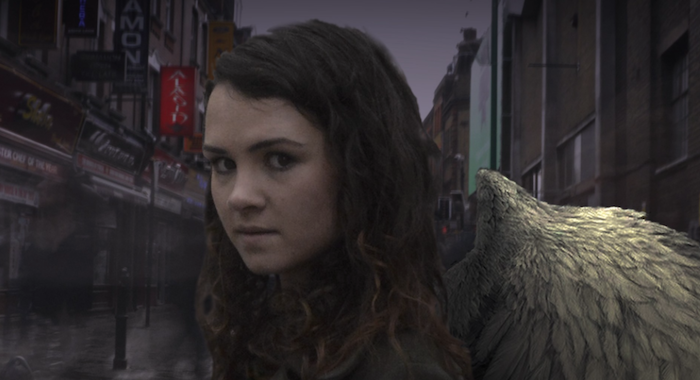Henry Broome reviews the last play in the Marlowe 450 series as we say goodbye to Fourth Monkey Productions and their amazing rejuvenations of some of Marlowe’s best works.
Canterbury’s Marlowe Theatre celebrates the 450th anniversary of Christopher Marlowe’s birth. Marlowe, who was born in Canterbury, was an elusive figure; he was imprisoned numerous times, evidence suggests he was a government spy and nothing but gossip surrounds his early death. But does Marlowe’s theatre carry all this excitement and mystery?
The third and last play of the series was The Jew of Malta. Marlowe’s play tells the story of the wealthy Jew, Barabas. Barabas has his fortune seized by the Governor of Malta, Ferneze, on account of his faith. We get the impression, however, that Ferneze’s prejudice is purely opportunistic when it turns out the Maltese government has come up short on their protection payments to Calymath, the Emperor of Turkey. As a consequence, Barabas vows a bloody revenge on not just Ferneze but the whole of Malta.
‘Seized’, ‘protection’ and ‘revenge’? This is similar to the language of iconic Mafia movies, like The Godfather. From this its clear that Marlowe has an adolescent grit to his theatre that seems to project the twenty first century cinema. Fourth Monkey Director, Justin Audibert (less bruiser, more Don), is far from heavy-handed and is instead content with allowing the play to speak for itself. Previous plays in the series, like Doctor Faustus for example, dressed the scaffold in heavy drapery whereas in The Jew of Malta the bare set shows as much refinement as the acting.
At times this trait can border the stoic which is perhaps why this production has been more flamboyant with the way the actors reveal their character through movement. The movement director, Angela Gasparetto, who the programme plays special tribute to, I suspect has worked hard t0 supplement an archaic, and at times dense script, with some compelling motion. Ami Seyers, who plays Ferneze, shows her character’s meddlesome side particularly well with the pretentious revolution of her walk and Adam Trussell, who plays a ‘wolf’ of Malta figure, enriches Barabas’s bitter plot for revenge with some very precise, if disturbing, ticks and twitches.
Fourth Monkey’s vibrant and youthful cast have brought a dynamism to a play where 425 years stand between its first publication and 2014. Having said this though, The Jew of Malta is not a play that cries out for resuscitation. Marlowe was just twenty-five when it was published, and the play seems to carry a kind ‘forever young spirit’. To Marlowe, his audience were ‘worldlings’; maybe not just geographically but perhaps he also meant that his play had a universal significance that bridges the 425 year gap. Fourth Monkey’s performance is certainly testament to this suggestion. Through subtle modern day framing this production conjures the grit of twenty first century cinema with the depth and poetics of Elizabethan drama.

